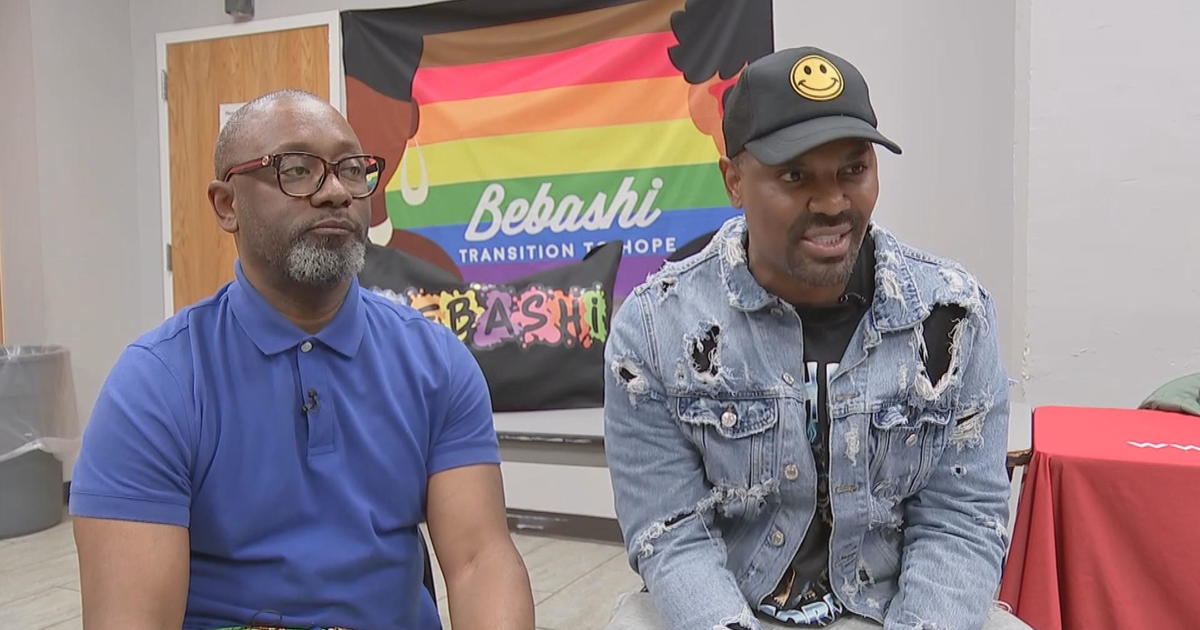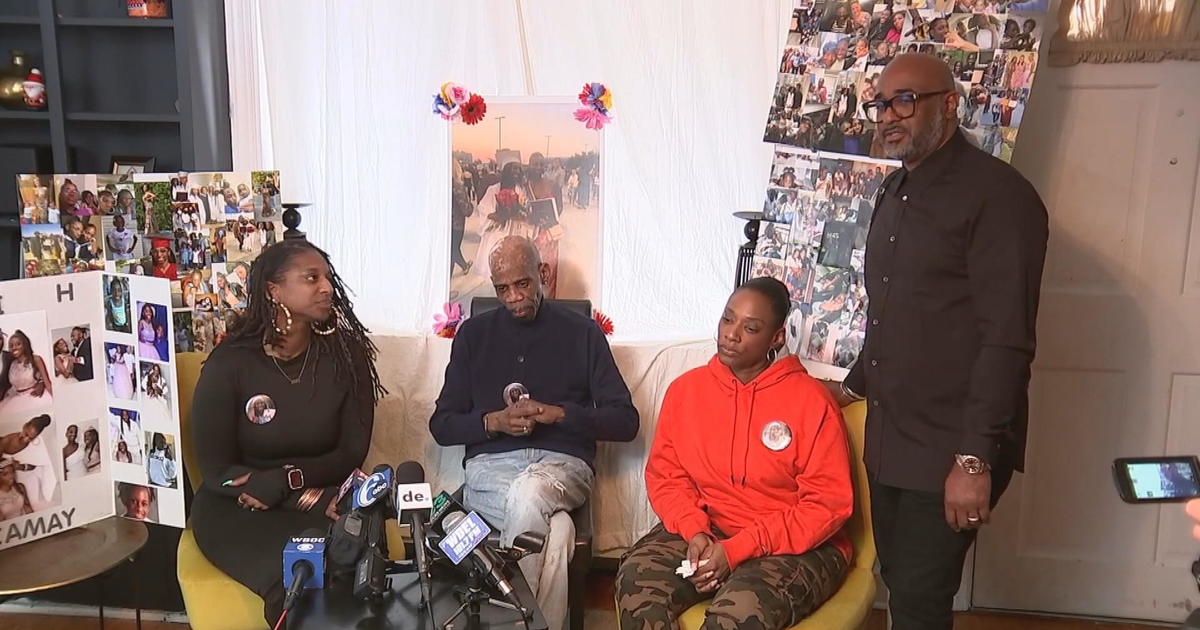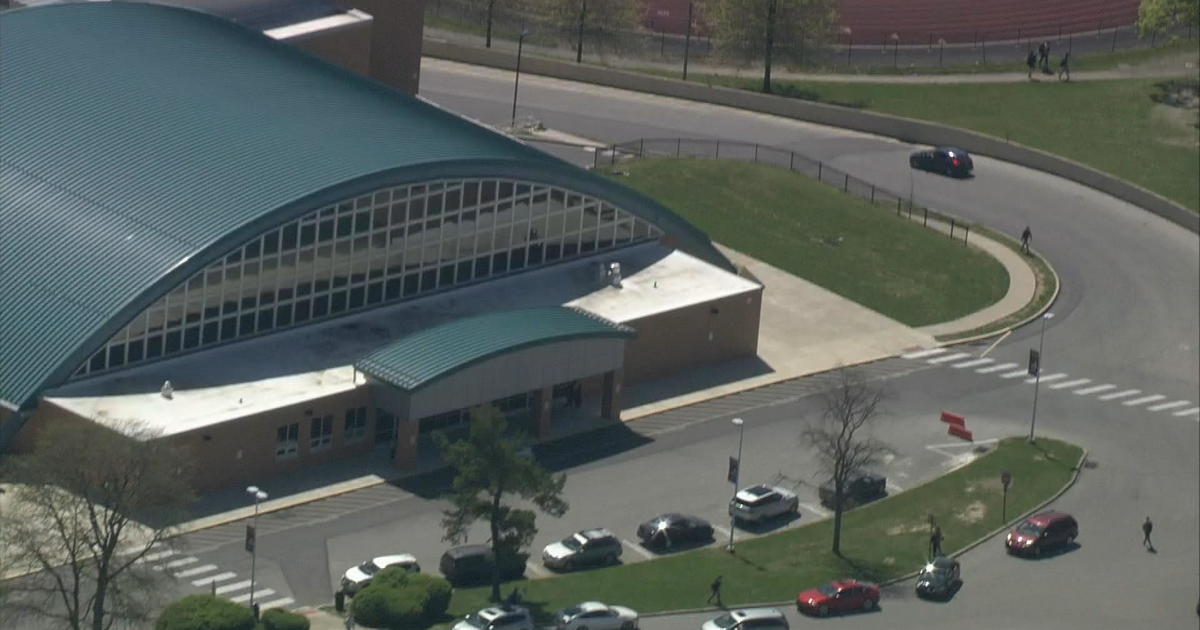Opioid Epidemic Connected To Increase In Organ Donations In Philly, U.S.
Follow CBSPHILLY Facebook | Twitter
PHILADELPHIA (CBS) -- It is a surprising result of the opioid epidemic, which continues to plague the Delaware Valley and the United States. The surge of overdose deaths is also creating a glimmer of hope – leading to an increasing number of organ donors, according to local and national data obtained by Eyewitness News.
For families of loved ones who became victims of drug overdosing, organ donations have helped them move on.
"It gave us a place to put our grief and to also move from that grief, to move in the right direction," said Eileen Grugan, whose son Charles passed away in 2011 when he was 33-years-old after overdosing on his parent's couch in Wayne. His mom, Eileen was the first to find him after coming home from work.
"I pulled him aside and I kept trying to wake him up and I kept screaming at him like, 'not this way God, please, not this way!"
Charles didn't make it. So his family honored his wish to donate his organs.
New research shows an increasing number of organs are becoming available from overdose victims.
According to the United Network for Organ Sharing, a nonprofit organ bank, finds donations from overdose victims have doubled from 625 in 2014 to more than 1,300 last year.
"For the people involved the organ donation, it can be a little of a silver lining in an awful situation," said Dr. David Klassen, the chief medical officer with UNOS.
That silver lining is especially apparent in Philadelphia, which has the highest overdose rate of any big city in the country and leads the nation in organ transplants, according to Rick Hasz, the vice president clinical services at Gift of Life Donor Program in Philly.
"We've had a tremendous increase in donations over the last number of years," Hasz said.
He showed Eyewitness News the lab where organ donations are examined, including from overdose victims, who typically die young.
"They're able to donate a lot of different organs because of their age," Hasz added.
Hasz explained overdosing stops a person from breathing, causing brain damage and ultimately death. But it typically also keeps that person's other organs intact.
"The organs are typically healthy," Hasz said. "And we'll do a thorough evaluation to make sure they're functioning properly."
For families of those who have donated, it's comforting to know their loved ones were able to make a difference. By donating his kidneys, liver and heart, Charles Grugan's death helped save three people's lives.
"For now we still have a piece of him here with us," said his mom, Eileen.
Despite the surge of organ donors, organ banks, like Gift of Life still fall short of their need. In the Delaware Valley, there are approximately 5,200 people awaiting a life-saving transplant. That's why the nonprofit encourages everyone to check 'organ donor' on their licenses.



